High Mileage Engine Maintenance! Regular maintenance is crucial for high-mileage vehicles.
Proper routine maintenance, including regular oil changes and the use of high-quality motor oils, not only helps prevent costly repairs but also extends the lifespan of older cars.
Additionally, using mileage booster additives can further enhance the performance and longevity of your vehicle’s engine.
One essential aspect of engine care is ensuring routine maintenance, such as regular oil changes using appropriate motor oils, for high-mileage cars. This helps maintain the health of the fuel injectors and fuel system.
This helps minimize engine wear and keeps the engine running smoothly, which is crucial for mileage car maintenance.
Regular oil changes Using high-quality motor oils is essential for maintaining optimal performance and extending the lifespan of your vehicle.
Contents
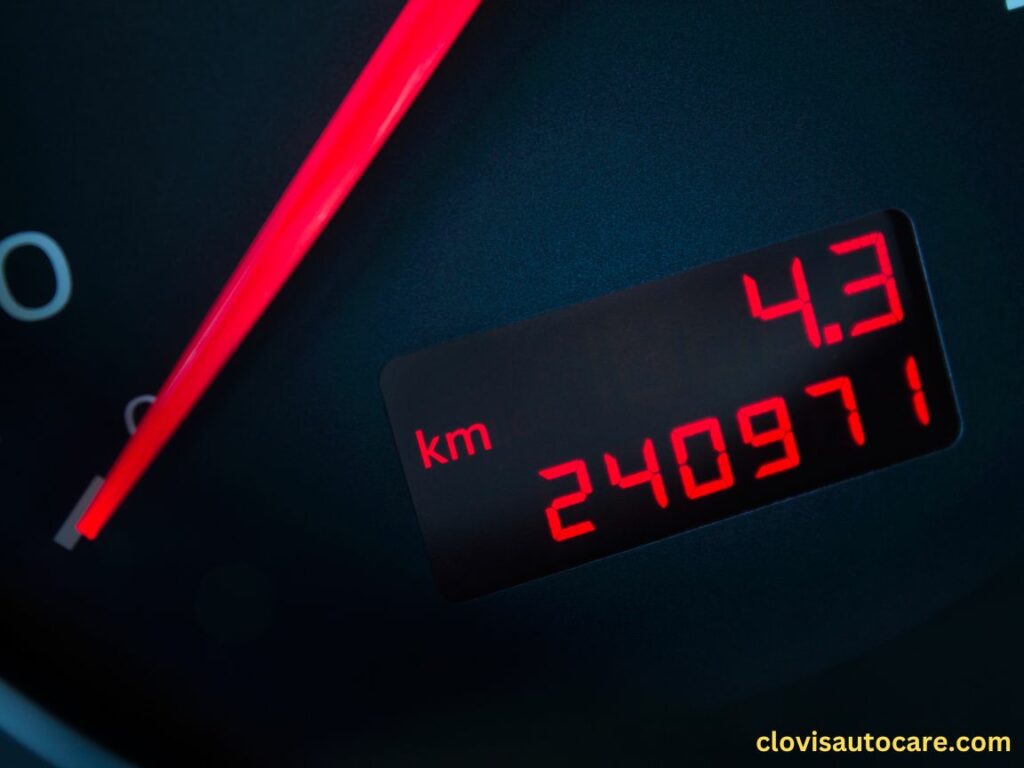
Consider using a mileage booster to further enhance fuel efficiency and maximize your car’s mileage potential.
Maintaining the fuel system, including fuel injectors and exhaust systems, ensures optimal performance and fuel efficiency.
Other important maintenance tasks for high-mileage cars include checking coolant levels, transmission fluid, brake fluid, and fuel system, and using oil supplements when necessary.
By prioritizing preventative maintenance and taking care of your high-mileage vehicle’s engine, you can enjoy its reliable performance for years to come.
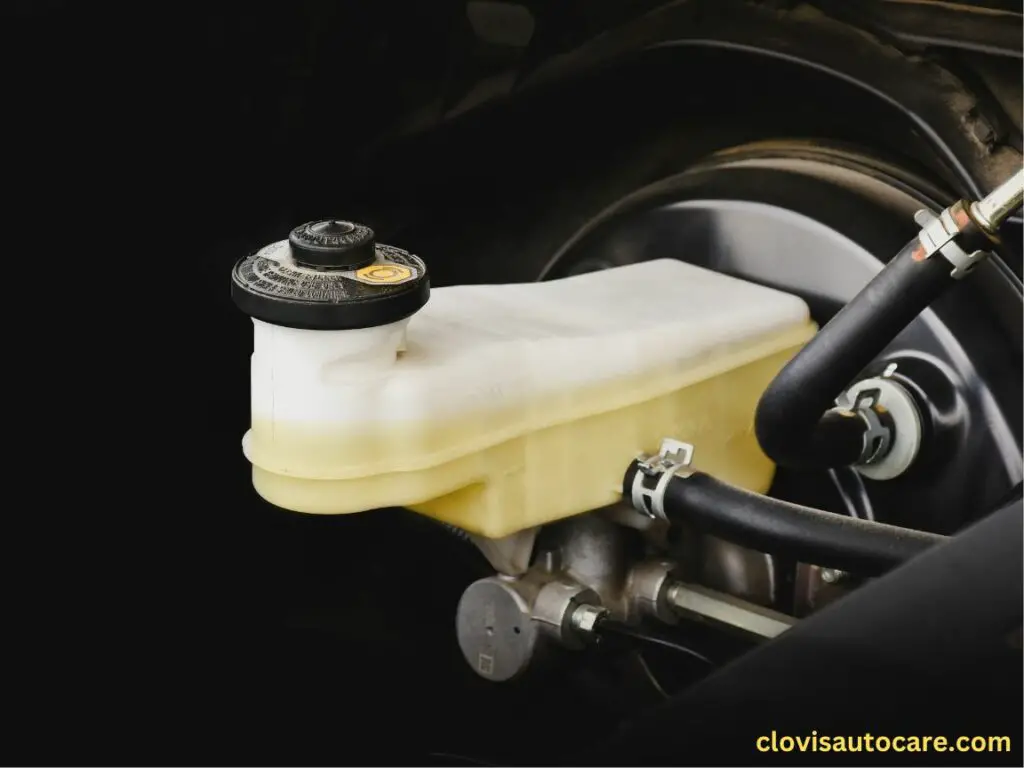
High Mileage Engine Maintenance
High-mileage engine maintenance is crucial for vehicles that have covered a significant distance, typically over 75,000 miles. This process includes regular oil and filter changes, usage of high-mileage motor oil and additives, and routine checks and replacements of fluids, filters, belts, and hoses. Regular maintenance can enhance the vehicle’s performance, reduce emissions and fuel consumption, and prevent expensive repairs or breakdowns. It’s a key aspect of prolonging the life of a high-mileage vehicle.
Choose wisely when buying a car
High-Mileage Engine Maintenance! When buying a high-mileage vehicle, it’s crucial to do your homework and research the vehicle’s history.
This means checking for any previous accidents or major repairs that may have occurred with a high-mileage car.
By understanding the car’s past, you can get an idea of how well it has been maintained and if there are any potential issues you should be aware of.
Look for Signs of Regular Maintenance
One important factor to consider is whether the previous owner(s) have kept up with regular maintenance.
A well-maintained, high-mileage vehicle is more likely to have fewer problems down the road. Look for service records, such as oil changes, tire rotations, and brake inspections.
These records can provide insight into how well the car has been cared for and give you peace of mind when making your purchase.
Consider the Make and Model
Not all cars are created equal. Some makes and models are known for their durability and reliability, even at higher mileage levels.
Do some research on different brands and models that have a good reputation for lasting longer on the road.
This way, you can choose a high-mileage vehicle that has a better chance of staying reliable in the long run.
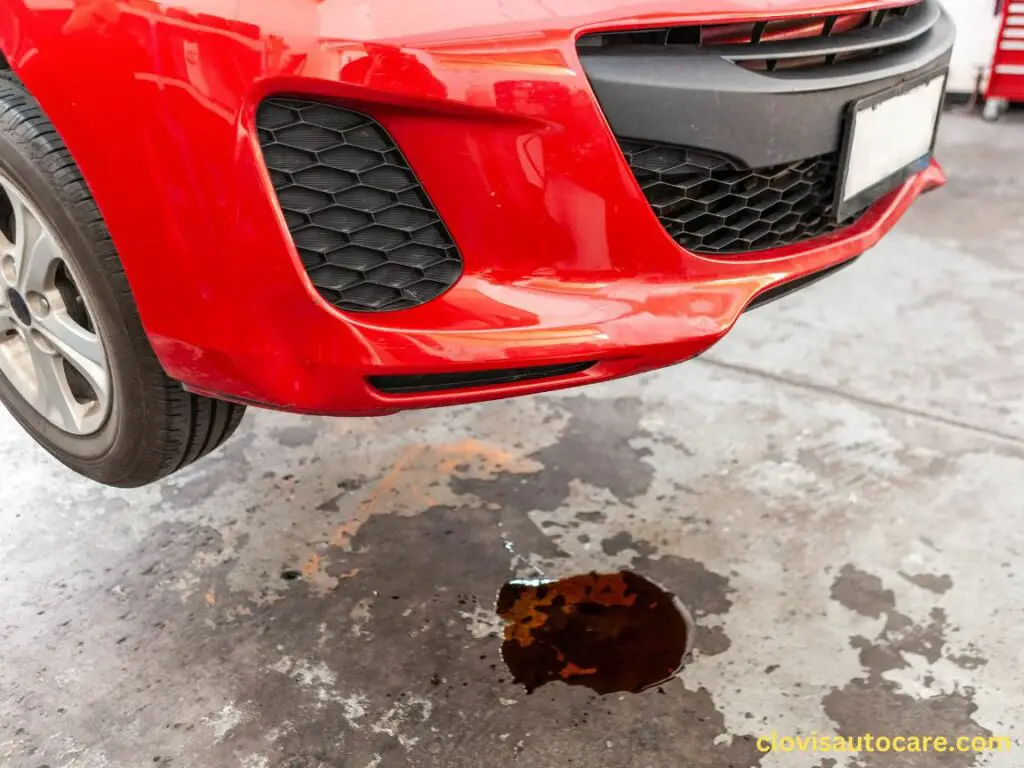
Get a Professional Inspection
High-Mileage Engine Maintenance! Before finalizing your purchase, it’s highly recommended to have a professional inspection done on the high-mileage vehicle you’re interested in.
An experienced mechanic can thoroughly examine the car from top to bottom, identifying any potential issues or hidden problems that may not be obvious during a test drive.
This inspection will provide valuable information about the overall condition of the vehicle and help you make an informed decision.
Why Mileage Matters
High Mileage Engine Maintenance! The number of miles a car has traveled, also known as mileage, plays a crucial role in determining its overall condition and performance.
As a vehicle accumulates more miles, various components and systems may experience wear and tear. This can lead to potential mechanical problems down the road.
Higher mileage puts additional stress on the engine, transmission, suspension, and other critical parts of the car.
Over time, this wear can cause issues such as oil leaks, engine misfires, worn-out suspension components, and decreased braking efficiency
Regular maintenance becomes even more important for high-mileage vehicles to ensure they continue running smoothly.
Fuel Efficiency and Cost of Ownership
High-Mileage Engine Maintenance! Mileage affects another factor, which is fuel efficiency.
As a car racks up miles, it may become less efficient in terms of fuel consumption.
This means that you may have to spend more money on gas to cover the same distance compared to when the vehicle was newer.
Furthermore, higher-mileage vehicles tend to require more frequent repairs and maintenance services.
These additional costs can add up over time and impact your overall cost of ownership. It’s essential to consider these factors when purchasing or owning a high-mileage vehicle.
Taking proactive measures such as using specialized high-mileage oil or adding a mileage booster can help improve fuel efficiency and prolong the life of your vehicle’s engine.
What is Considered to Be High Mileage for a Car?
High mileage refers to the number of miles a car has traveled over its lifetime.
While there is no specific threshold that universally classifies a car as having high mileage, it generally depends on various factors such as the make and model, maintenance history, driving conditions, and overall vehicle health.
Factors Influencing High Mileage Classification
Different vehicles may have different thresholds for what is considered high mileage due to several factors. These factors include:
- Make and Model: Some cars are built to withstand higher mileage than others. For example, luxury vehicles or heavy-duty trucks can often handle more miles compared to smaller economy cars.
- Maintenance History: Regular maintenance plays a crucial role in determining how well a car performs at high mileage. Vehicles with consistent upkeep and timely servicing tend to last longer without major issues.
- Driving Conditions: The type of driving conditions can impact the wear and tear on a vehicle. Stop-and-go city driving or extreme weather conditions can put more stress on the engine, potentially reducing its lifespan.
Significance of Odometer Readings
The odometer reading provides an essential indicator when determining if a car has reached high mileage status.
It shows the total number of miles the vehicle has traveled throughout its life. A higher odometer reading typically suggests that the car has been driven extensively.
However, it’s important to note that some unscrupulous sellers may tamper with or roll back the odometer readings to deceive potential buyers into thinking they are purchasing a low-mileage vehicle.
Therefore, it’s crucial for buyers to verify the accuracy of the reported mileage through service records and vehicle history reports.
Common Issues Faced by High-Mileage Cars
High-mileage cars, or vehicles that have traveled a significant number of miles, often face a range of mechanical problems due to wear and tear.
As cars age, various components can deteriorate, leading to issues that require attention. Some common problems experienced by older vehicles include:
- Engine wear: Over time, the engine’s internal components can wear down, resulting in decreased performance and increased fuel consumption.
- Transmission issues: The transmission is responsible for shifting gears smoothly. However, with high mileage, it may develop problems such as slipping gears or delayed engagement.
- Suspension troubles: The suspension system helps provide a smooth ride and stability. With age, components like shocks and struts can become worn out or damaged, affecting the car’s handling.
- Brake deterioration: Brake pads and rotors wear down over time and need replacing. Failure to address brake issues promptly can compromise safety.
Discussion on Wear and Tear Issues Specific to High-Mileage Cars
High Mileage Engine Maintenance! In addition to the general mechanical problems faced by older vehicles, high-mileage cars also encounter specific wear and tear issues. These include:
- Tires wearing out faster: With more miles on the odometer, tires tend to wear down quicker due to constant friction against the road surface. Regular tire rotations and inspections are crucial for maintaining optimal performance.
- Leaking fluids: Older vehicles may experience leaks from various systems, such as the engine oil, coolant, power steering fluid, or transmission fluid. These leaks should be addressed promptly to prevent further damage.
Importance of Proactive Maintenance to Prevent or Address These Issues
High Mileage Engine Maintenance! To minimize these common issues faced by high-mileage cars, proactive maintenance is essential.
Regularly servicing your vehicle can help identify potential problems early on, before they escalate into costly repairs.
Here are some key maintenance tasks for high-mileage cars:
- Follow the manufacturer’s recommended maintenance schedule, including oil changes, filter replacements, and fluid checks.
- Inspect and replace worn-out components such as belts, hoses, and spark plugs.
- Monitor tire pressure and tread depth regularly to ensure optimal performance and safety.
- Address any warning signs promptly, such as strange noises, vibrations, or dashboard warning lights.
By taking proactive steps to care for your high-mileage vehicle, you can extend its lifespan and avoid major mechanical issues down the road.
10 Car Maintenance Tips for Vehicles with Over 100,000 Miles
Regular maintenance is crucial for keeping high-mileage vehicles running smoothly and avoiding costly repairs. Here are ten essential tips to help you take care of your car:
Regularly change oil and filters
Frequent oil changes are vital for high-mileage cars as they help remove dirt and contaminants that can damage the engine. Don’t forget to replace the oil filter too!
Inspect belts, hoses, and fluids regularly
Check your vehicle’s belts and hoses for signs of wear or cracks, as these components play a crucial role in the proper functioning of your car.
Keep an eye on fluid levels such as coolant, brake fluid, and power steering fluid.
Check tire pressure frequently
Maintaining proper tire pressure not only ensures a smooth ride but also improves fuel efficiency. Use a tire pressure gauge to check the pressure regularly.
Replace spark plugs as recommended
Spark plugs play a vital role in igniting the air-fuel mixture in the combustion chamber.
Over time, they wear out and can cause misfires or decreased fuel efficiency. Follow the manufacturer’s recommendations for replacement intervals.
Keep up with scheduled maintenance services
Follow your car’s maintenance schedule diligently. This includes tasks like changing transmission fluid, inspecting brakes, replacing timing belts (if applicable), and more.
Pay attention to warning signs or unusual noises
Unusual noises or warning lights should never be ignored. They could be indicators of potential problems with your vehicle that need immediate attention.
Use quality fuel and lubricants
Using high-quality fuel and lubricants can help keep your engine running smoothly and reduce wear and tear on critical components.
Maintain proper cooling system function
The cooling system is essential for preventing overheating. Regularly check coolant levels and ensure there are no leaks in the system.
Address any leaks promptly
If you notice any leaks under your car, it’s important to address them promptly. Leaks can indicate issues with the engine, transmission, or other vital components.
Seek professional advice when needed
If you’re unsure about any maintenance tasks or if your car is experiencing persistent issues, don’t hesitate to seek professional advice.
A qualified mechanic can provide guidance and ensure your vehicle receives the care it needs.
Remember, proper maintenance is key to extending the lifespan of your high-mileage vehicle and avoiding costly repairs down the road.
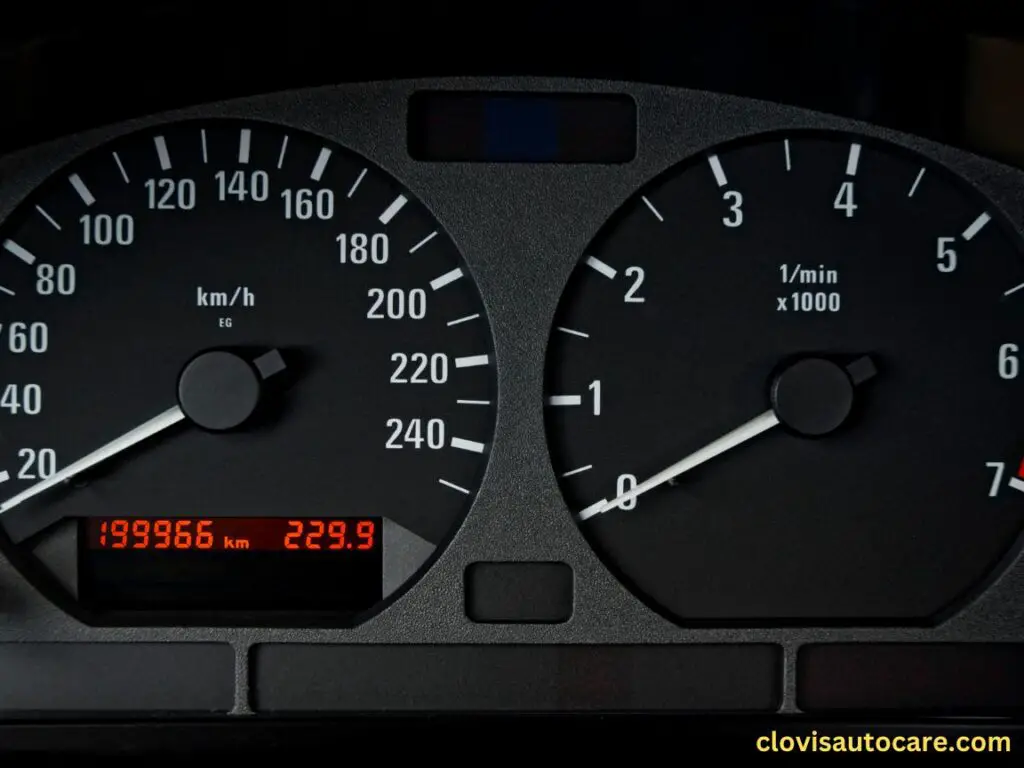
conclusion
High Mileage engine maintenance! Taking care of a high-mileage vehicle is crucial to ensuring its longevity and performance.
By choosing wisely when buying a car and considering factors such as previous maintenance history and overall condition, you can set yourself up for success with a high-mileage vehicle.
Understanding why mileage matters and what is considered high mileage for a car provides important context for the common issues faced by these vehicles.
By following the 10 car maintenance tips specifically tailored for vehicles with over 100,000 miles, you can proactively address potential problems and keep your high-mileage vehicle running smoothly.
To maintain your high-mileage vehicle’s health, it is essential to stay on top of regular maintenance tasks such as oil changes, tire rotations, and fluid checks.
Paying attention to warning signs like strange noises or vibrations can help identify potential issues early on.
Remember to consult your vehicle’s owner’s manual for specific maintenance recommendations based on its make and model.
By investing time and effort into proper engine care, you can extend the lifespan of your high-mileage vehicle while enjoying reliable transportation.
FAQs
1. Is it worth buying a high-mileage used car?
Purchasing a high-mileage used car can be worth it if you take certain factors into consideration.
It’s important to inspect the car thoroughly before buying it, including checking its maintenance history and overall condition.
Consider getting a pre-purchase inspection from a trusted mechanic to identify any potential issues.
If the car has been well maintained and passes inspection, buying a high-mileage used car can offer significant savings compared to purchasing a new one.
2. How often should I change the oil in my high-mileage vehicle?
The frequency of oil changes depends on several factors, such as your driving habits and the type of oil being used.
However, as a general guideline for high-mileage vehicles, it is recommended to change the oil every 3,000 to 5,000 miles.
Regular oil changes help keep the engine lubricated and prevent excessive wear and tear.
3. Are high-mileage vehicles more prone to breakdowns?
High-mileage vehicles tend to have a higher risk of breakdowns compared to newer cars due to their age and accumulated wear and tear.
However, by following a proper maintenance routine and addressing any issues promptly, you can minimize the chances of unexpected breakdowns.
Regular inspections, timely repairs, and adherence to recommended maintenance schedules are key to keeping your high-mileage vehicle reliable.
4. Should I use synthetic or conventional oil for my high-mileage car?
Using synthetic oil is generally recommended for high-mileage cars as it offers better protection against engine wear and improved performance.
Synthetic oil has additives that help condition seals and reduce leaks in older engines.
However, it’s essential to consult your vehicle’s owner’s manual or a trusted mechanic for specific recommendations based on your car’s make and model.
5. Can I improve fuel efficiency in my high-mileage vehicle?
Improving fuel efficiency in a high-mileage vehicle is possible with some simple steps.
Maintaining proper tire pressure, using the correct motor oil viscosity, avoiding excessive idling, smooth acceleration and deceleration, regular air filter replacement, and reducing excess weight in the car can all contribute to improved fuel efficiency.
Ensuring that your engine is properly tuned can also help optimize fuel consumption in your high-mileage vehicle.
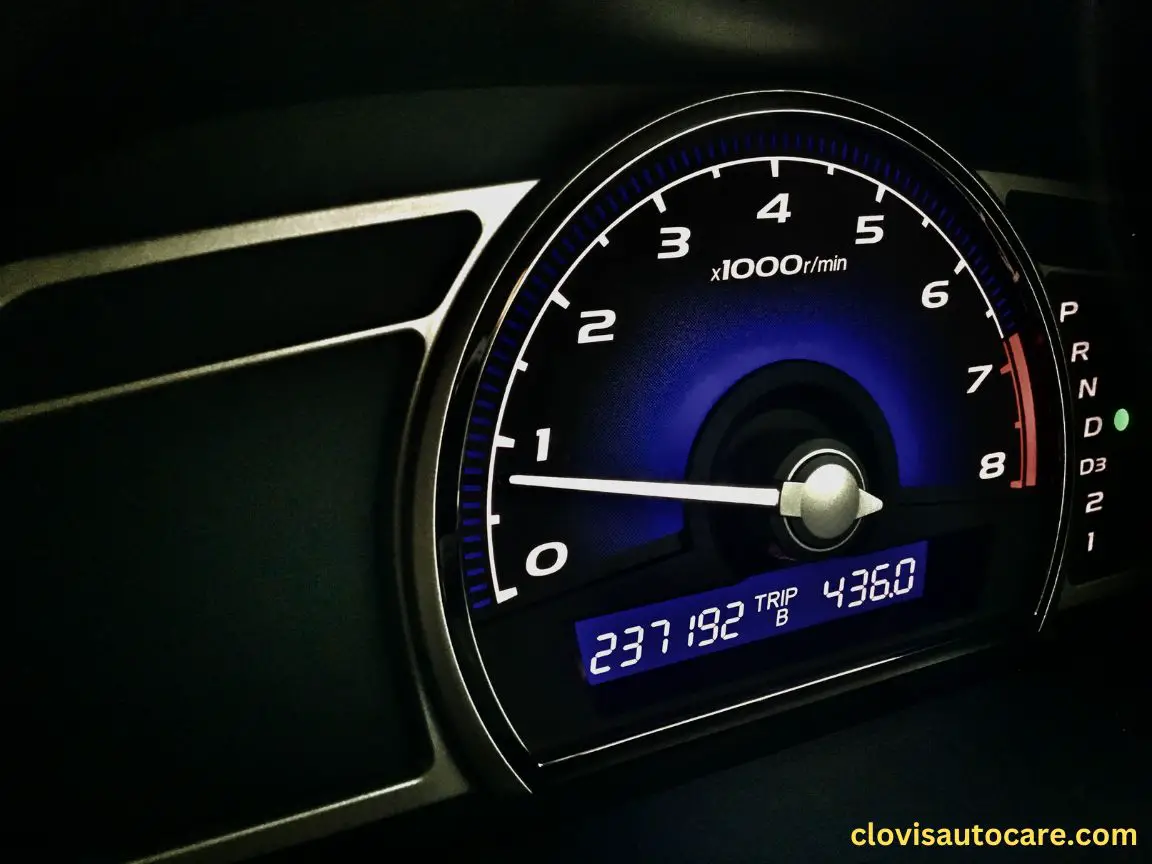
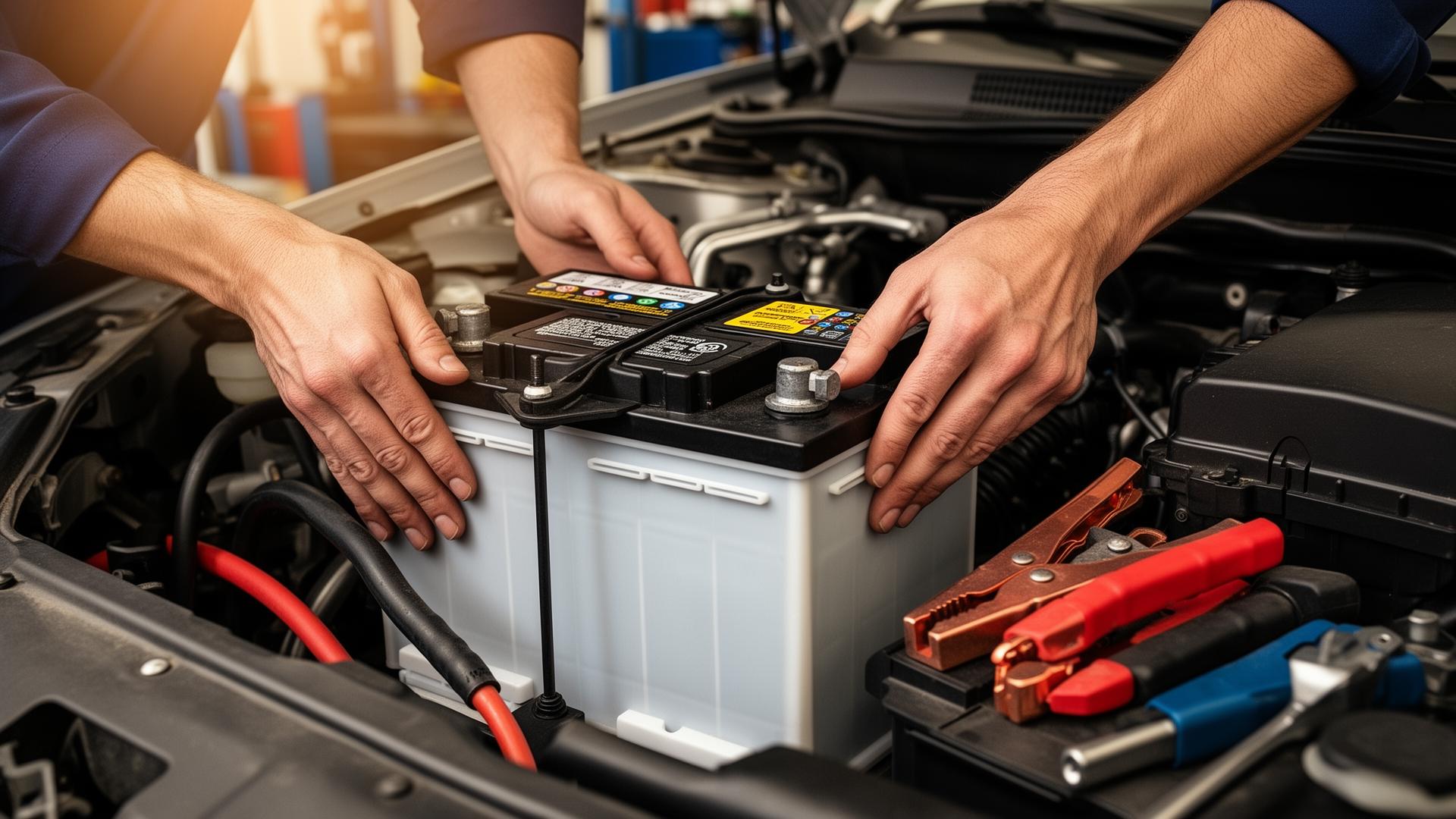
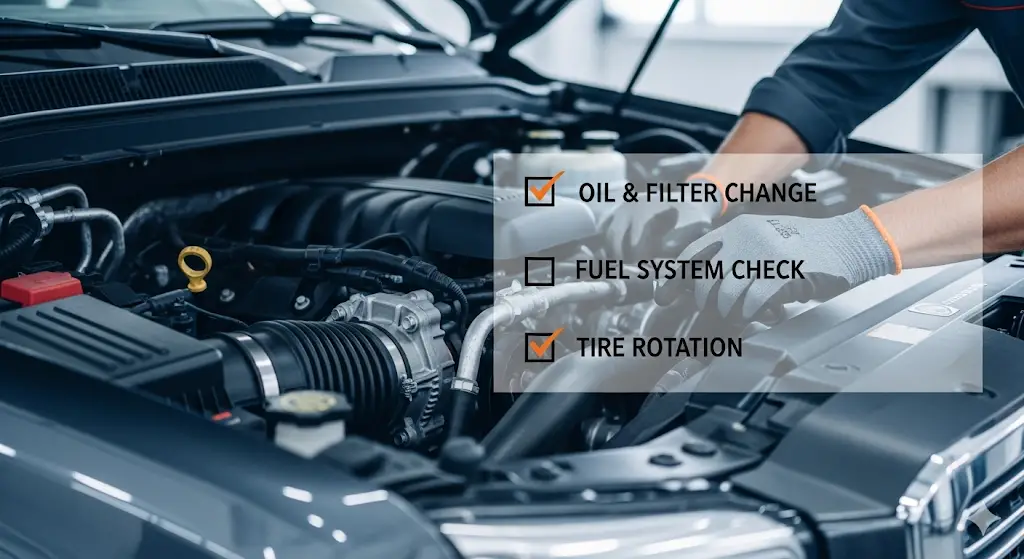
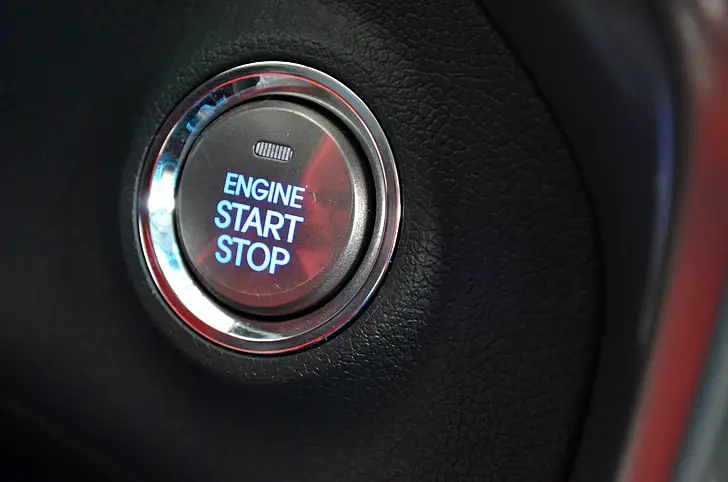
Leave a Reply